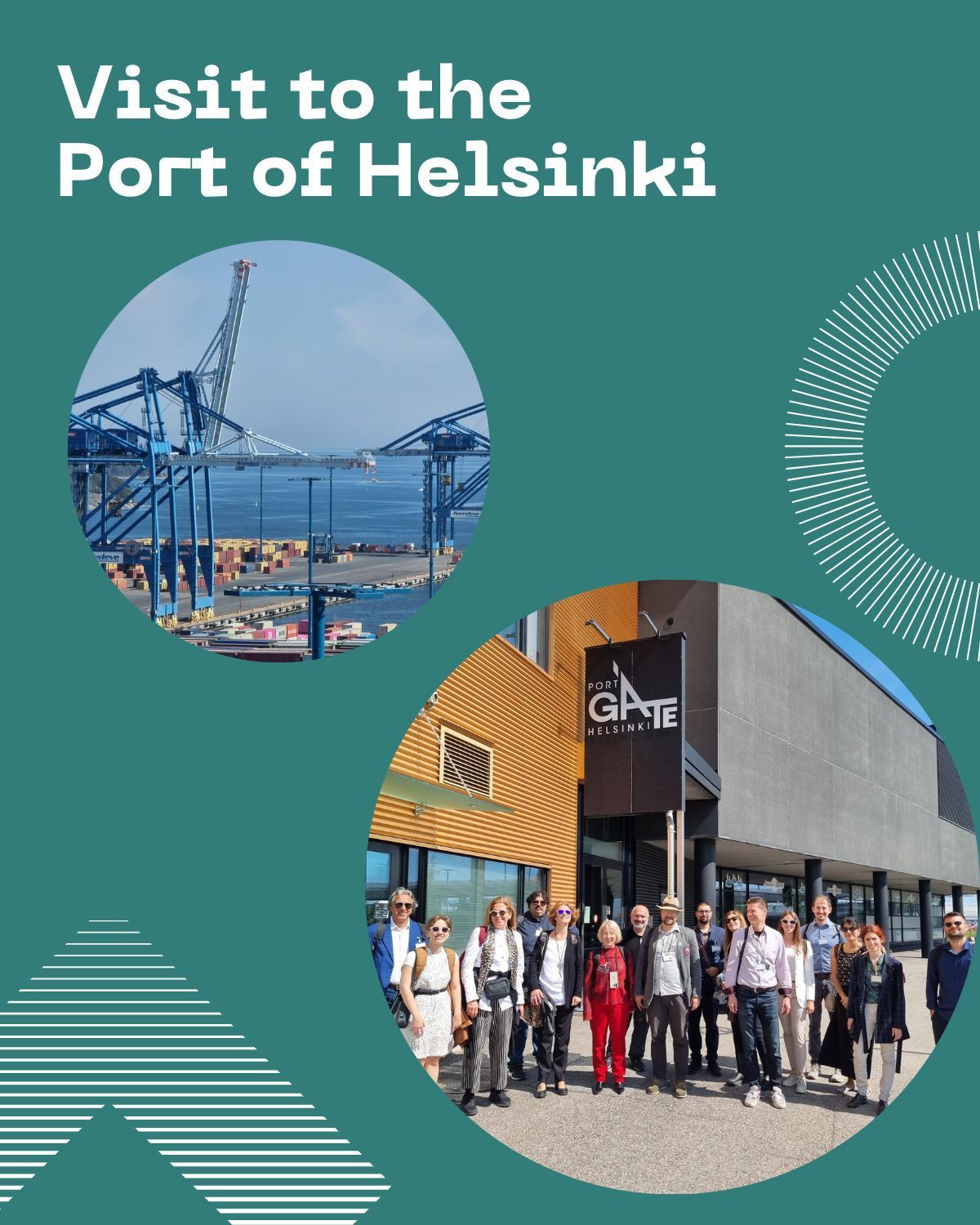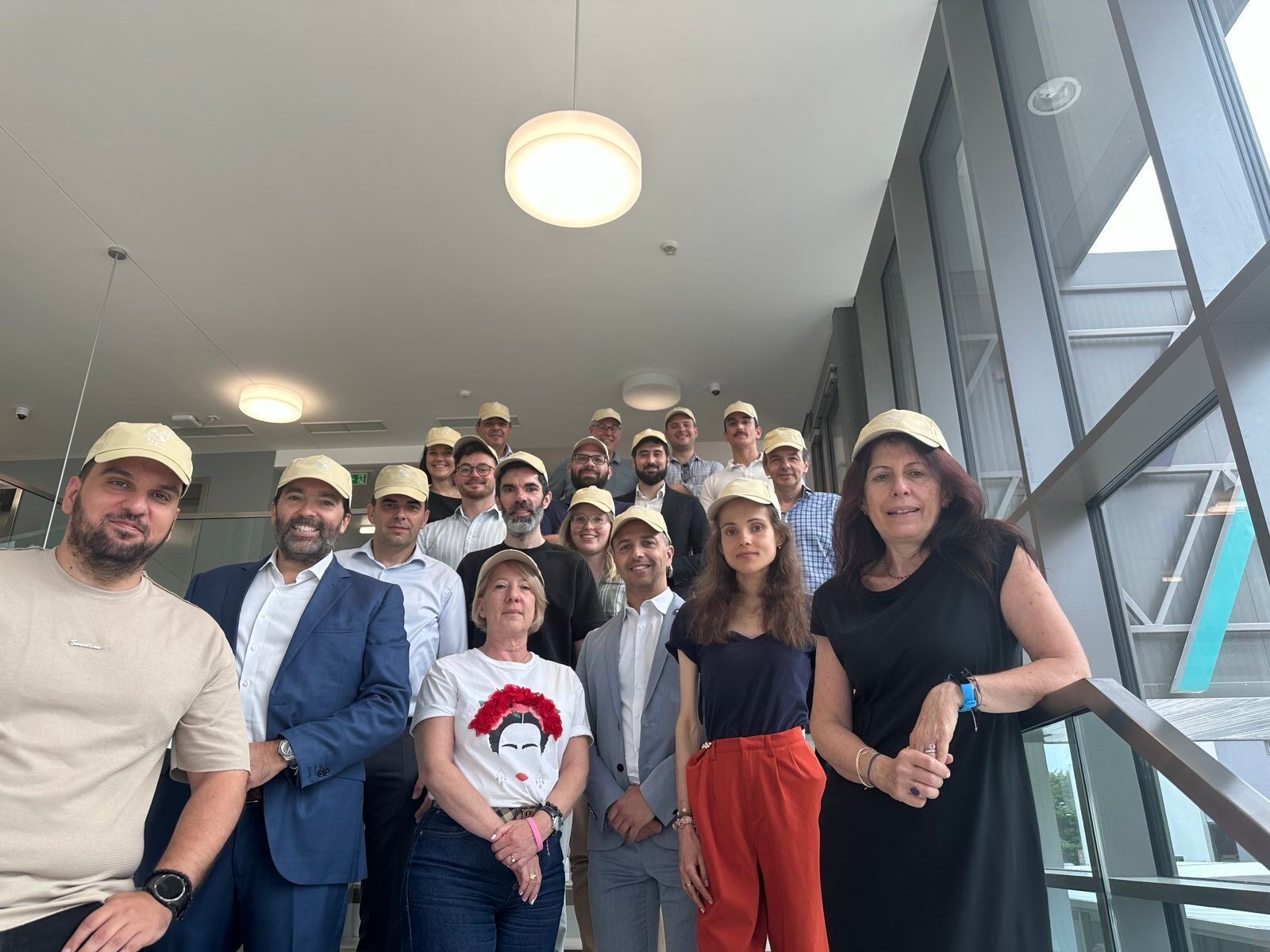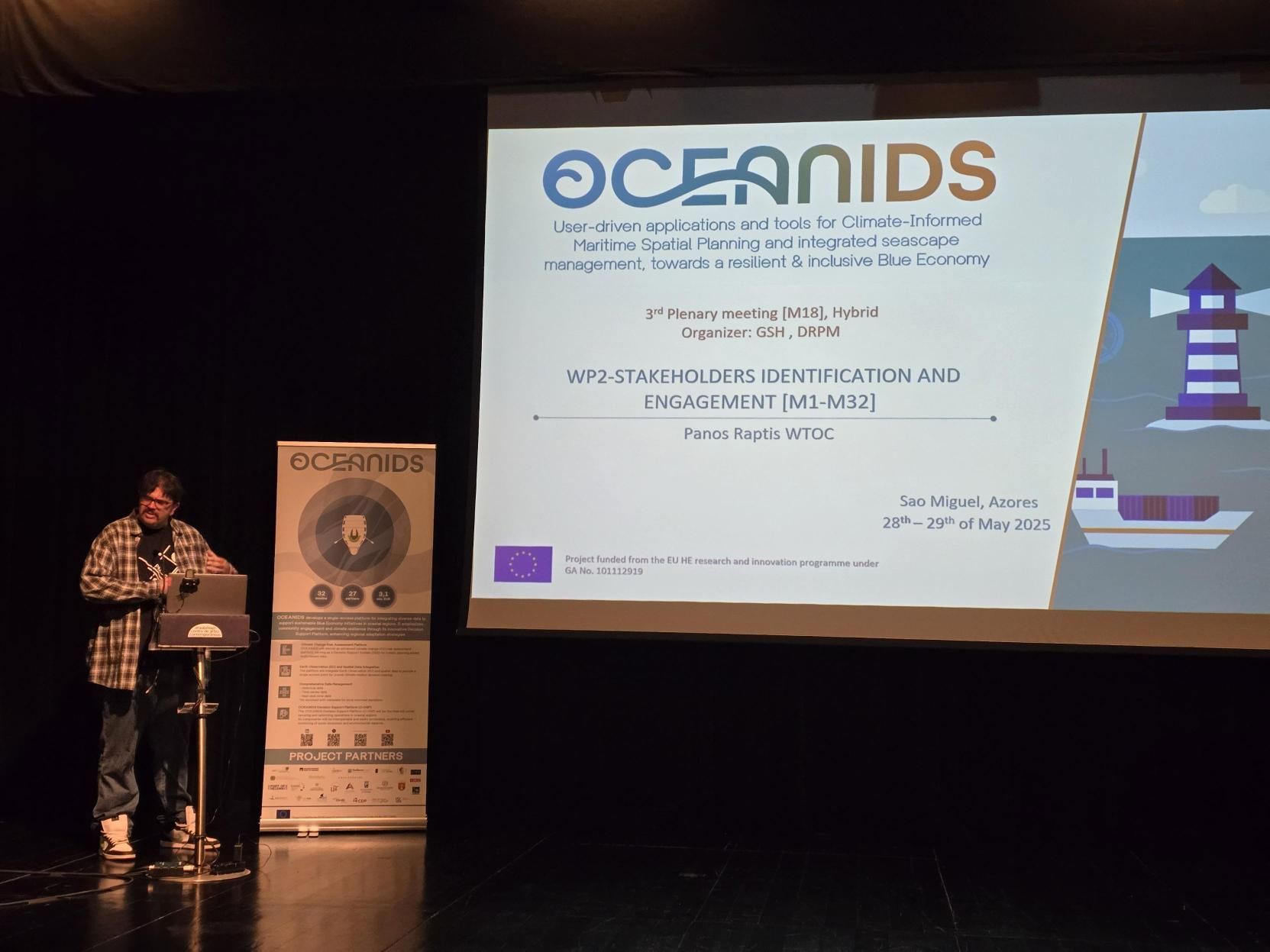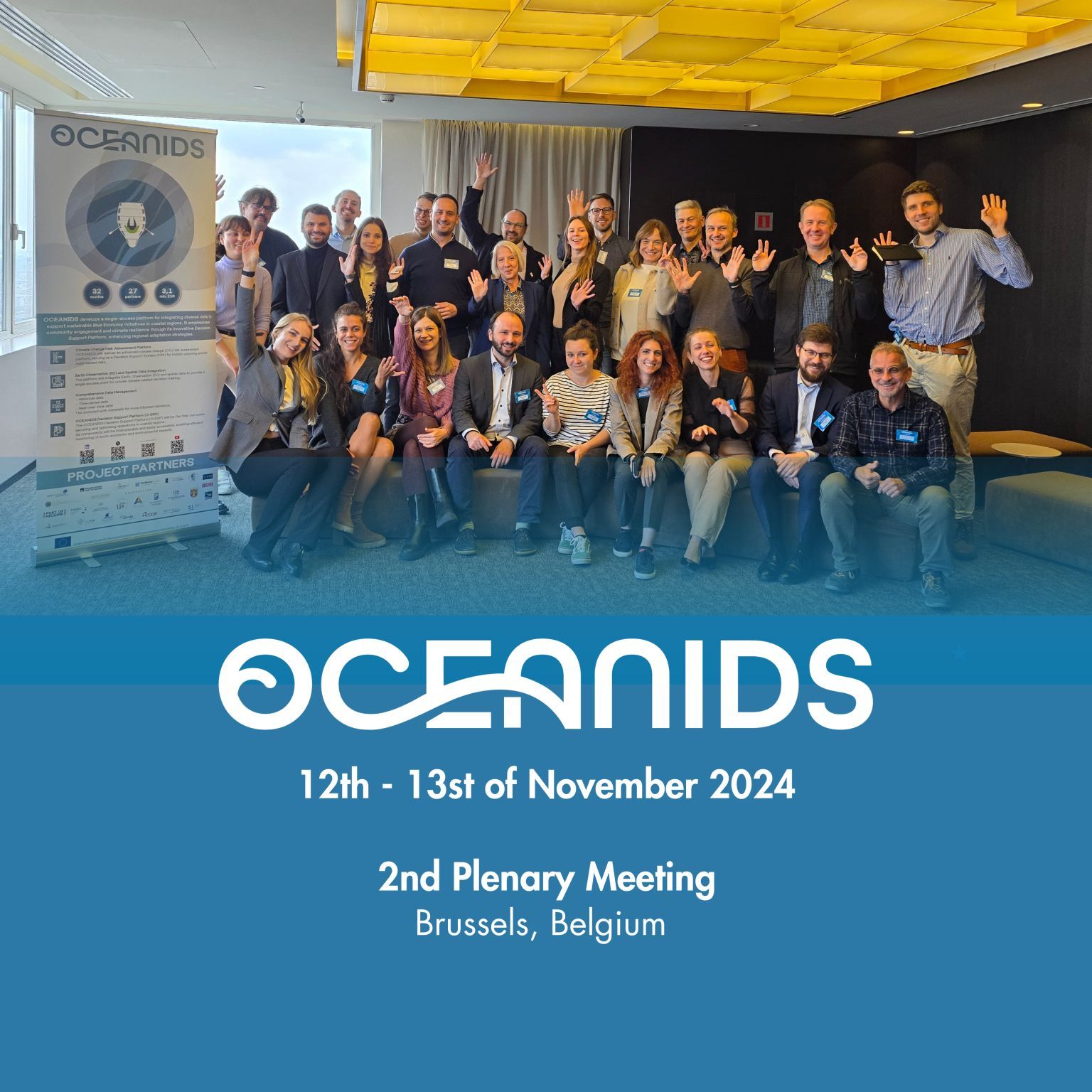Ioannis Raptis • June 3, 2024
Oceanids 1st Plenary Meeting
30-31 May 2024 at Helsinki, Finland

1st Plenary meeting of OCEANIDS project was a great success, beginning with warm welcomes and engaging discussions on project management, communication, and stakeholder engagement, highlighting our progress and innovative strategies.
A standout moment was our insightful visit to the Port of Helsinki, where we explored its operations and cutting-edge sustainability initiatives.
The way for thriving all aspects of the project has been paved
A standout moment was our insightful visit to the Port of Helsinki, where we explored its operations and cutting-edge sustainability initiatives.
The way for thriving all aspects of the project has been paved

Earlier this week in Vienna, our team joined partners from across Europe for THEIA’s first plenary meeting. During the two-day sessions we showcased the initial version of our social-media scraping engine—an AI-powered tool that harvests and analyses real-time posts, news and other threads linked to population displacement. The demo highlighted how the system already flags emerging routes and settlement hotspots with impressive precision, proving its value for THEIA’s automated surveillance workflow. Encouraged by these promising results, we’re now accelerating development so that our solution can feed timely, ground-truth insights into the project’s broader geospatial intelligence platform. Stay tuned for more updates as we move toward the next milestone!

Last week, WTOC proudly participated in the 3rd OCEANIDS Plenary Meeting held in São Miguel, Azores. The gathering brought together consortium partners to exchange insights, review progress, and shape the next steps for our pilot activities and Earth Observation tools. LinkedIn Dr. Panos Raptis represented WTOC, presenting our latest advancements in developing a comprehensive database of historical climate impacts across OCEANIDS pilot regions. This database aims to catalog events such as floods, sea-level rise, and coastal erosion, along with their socio-economic consequences, providing valuable insights for stakeholders. A highlight of our presentation was the introduction of the OCEANWISE chatbot. This innovative tool is designed to facilitate communication and understanding among end-users by providing access to complex climate data through natural language dialogue. By translating intricate datasets into user-friendly information, OCEANWISE empowers local authorities and stakeholders to make informed decisions in the face of climate challenges. LinkedIn+1OCEANIDS -+1 We extend our gratitude to the Regional Directorate for Maritime Policies for their excellent organization and hospitality during the meeting. WTOC remains committed to contributing to the resilience of coastal regions through data-driven solutions and collaborative efforts

